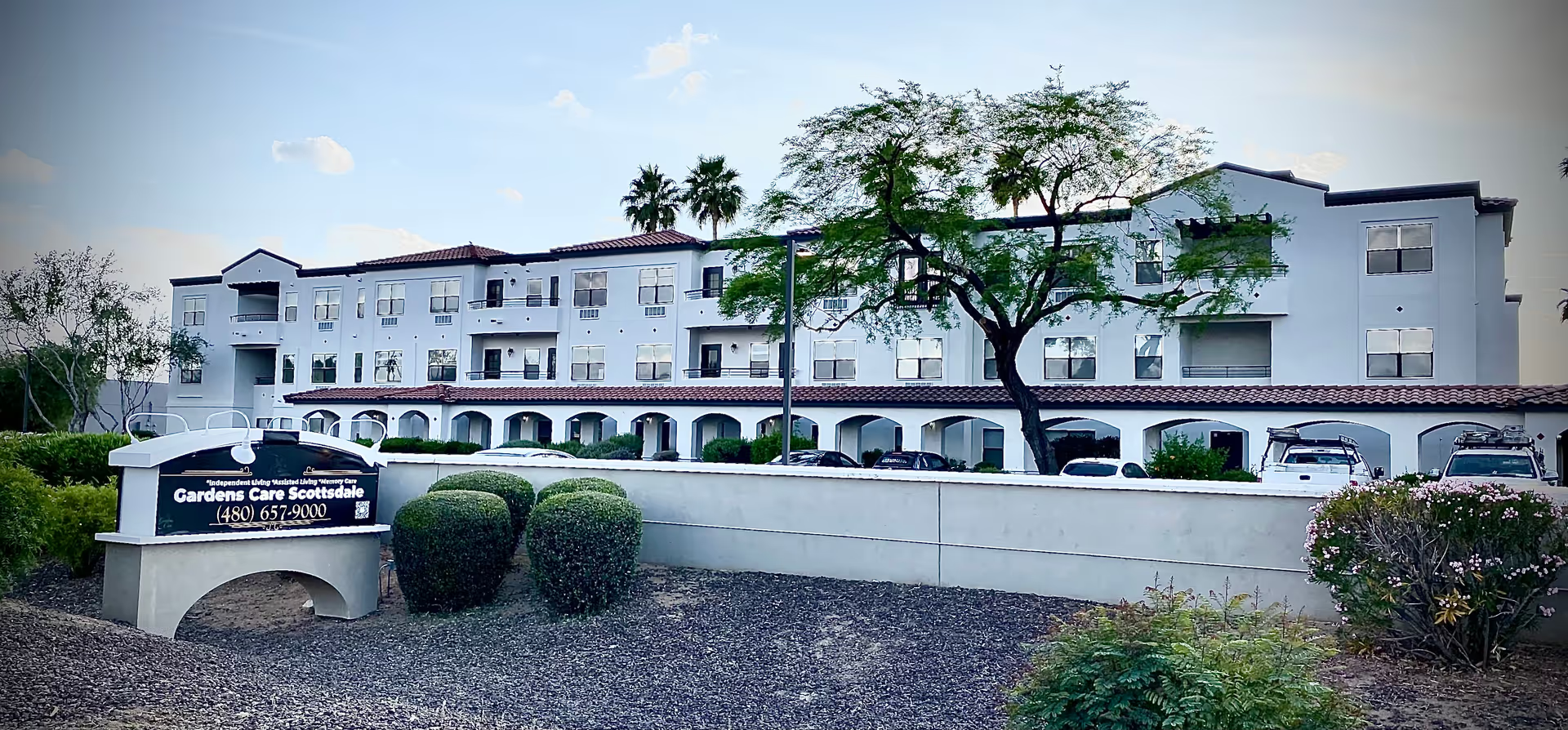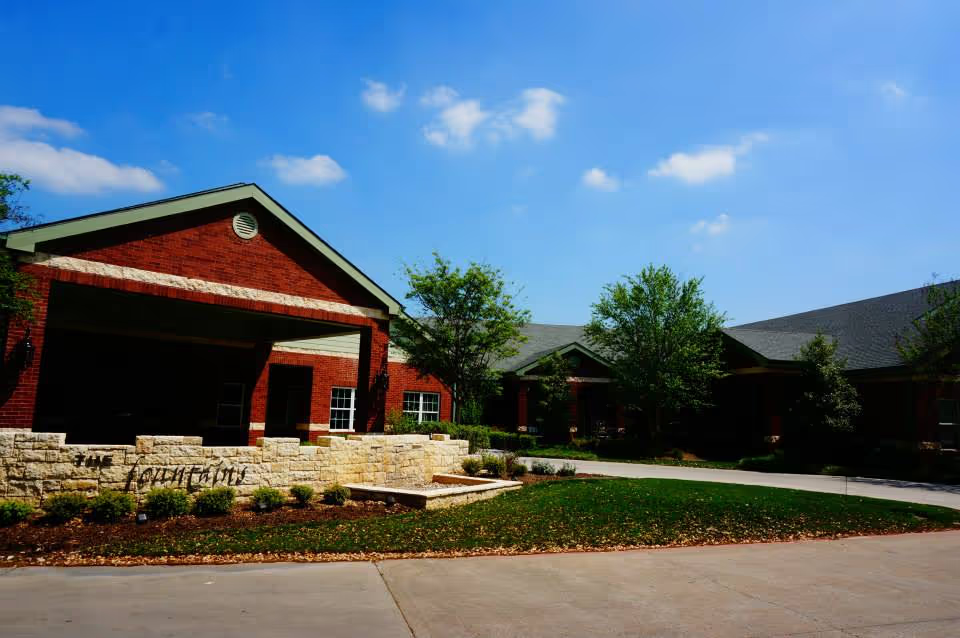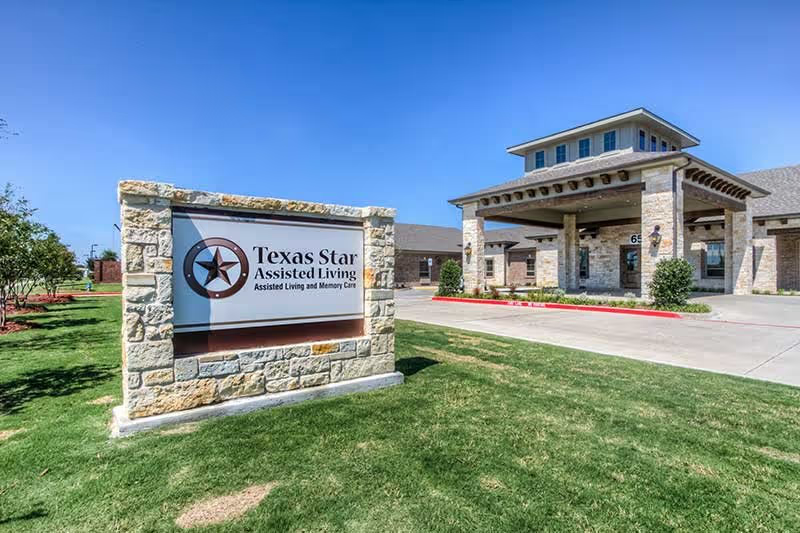Overall sentiment across the reviews is mixed but centers on two dominant themes: consistently high praise for the direct care staff and the homelike, safe environment, contrasted with operational shortcomings largely tied to staffing, dining, and some management/billing issues.
Care quality and staff: The most frequent and strongest positive theme is the personal quality of caregiving. Multiple reviewers describe caregivers as warm, caring, and treating residents like family. Families repeatedly report feeling confident about their loved ones' safety and wellbeing, praising responsiveness, patience, and the willingness of staff to contact families when issues arise. Several reviewers emphasize that caregivers provide compassionate 24-hour attention and create a family-style atmosphere that is especially comforting for dementia residents. These reports suggest the facility has a core team that excels at hands-on resident care and creates meaningful emotional support for both residents and family members.
Facilities and environment: Reviewers commonly note that the home is clean, pleasant, and wheelchair-accessible. The small, home-like setting is repeatedly described as safe and comfortable, with snacks readily available and a general atmosphere that residents and families find reassuring. Some reviewers explicitly state that the facility is wonderful for dementia care and that events and activities are offered, reinforcing the impression of a nurturing, domestic environment rather than an institutional setting.
Staffing and operations: A major and recurring concern is understaffing and its operational consequences. Several reviews mention not enough staff, with particular problems during lunch service and reported incidents of meals not being served on time. Understaffing is tied to limited staff interaction, minimal activities/socialization, and occasions where appointments were forgotten or service levels appeared lower than at other locations. These staffing pressures appear to create variability in resident experience: while many families praise the caregivers on duty, others experienced gaps that led to stress, short stays, or moves to other facilities.
Dining and activities: Food and programming receive mixed feedback. While some families report pleasant smells and adequate snack availability, others complain about food quality, lack of choice (same meals for all residents), and inadequate accommodation for specific dietary needs such as chewing difficulties. Meals being served late and insufficient lunch staffing are specifically mentioned. Activities are reported as available by some but as minimal or limited in socialization by others; some families desire clearer communication about outings and activity schedules. Overall, dining and engagement appear to be inconsistent across stays.
Management, billing, and consistency: Reviews reveal varying impressions of management. Some families describe the owner (named Michael in one review) as accommodating, while at least one reviewer reported a poor evaluation by the owner and decisive negative action. Billing and cost transparency are also a concern for some: one review mentions extra charges for 24-hour care and paying thousands, contributing to stress and a decision not to recommend. These comments point to occasional issues with expectations, communication, and consistency in administrative decisions.
Notable patterns and final assessment: The most notable pattern is a clear split between exceptional frontline caregiving and weaknesses in staffing levels, meal service, and certain administrative practices. Families who experienced the facility when staffing was adequate report outstanding, family-like care and a safe, clean environment. Conversely, when staffing was insufficient or coordination faltered, families reported missed appointments, poor meal experiences, and in some cases a need to move their loved ones. Prospective families should weigh the strong, person-centered caregiving and homelike environment against the potential for understaffing-related service gaps and variable dining/administrative experiences. Asking specific questions about current staffing levels (especially at meal times), meal accommodations, activity schedules, and written policies on 24-hour care charges before admission would help set expectations and reduce the risk of the negative experiences described.







